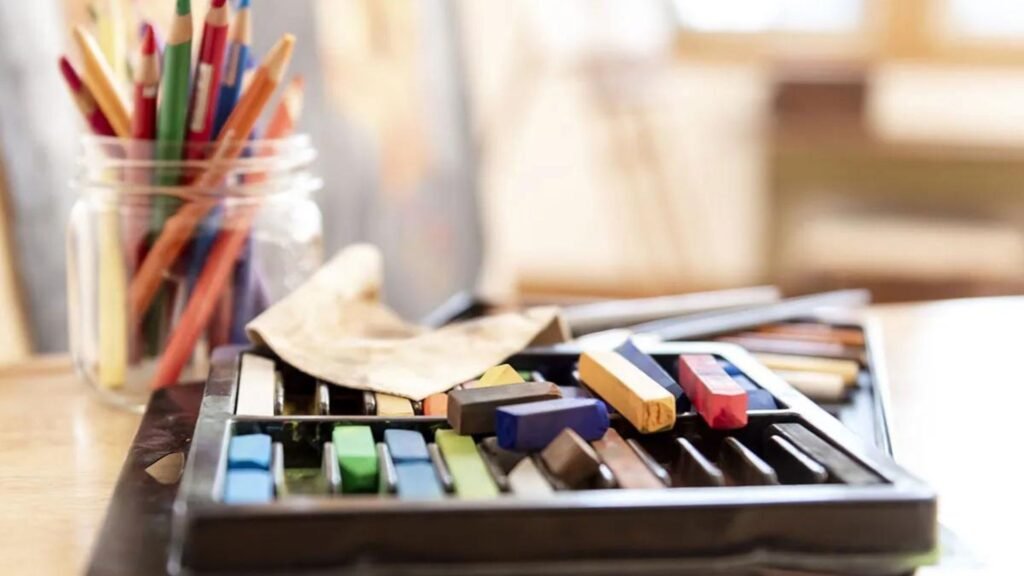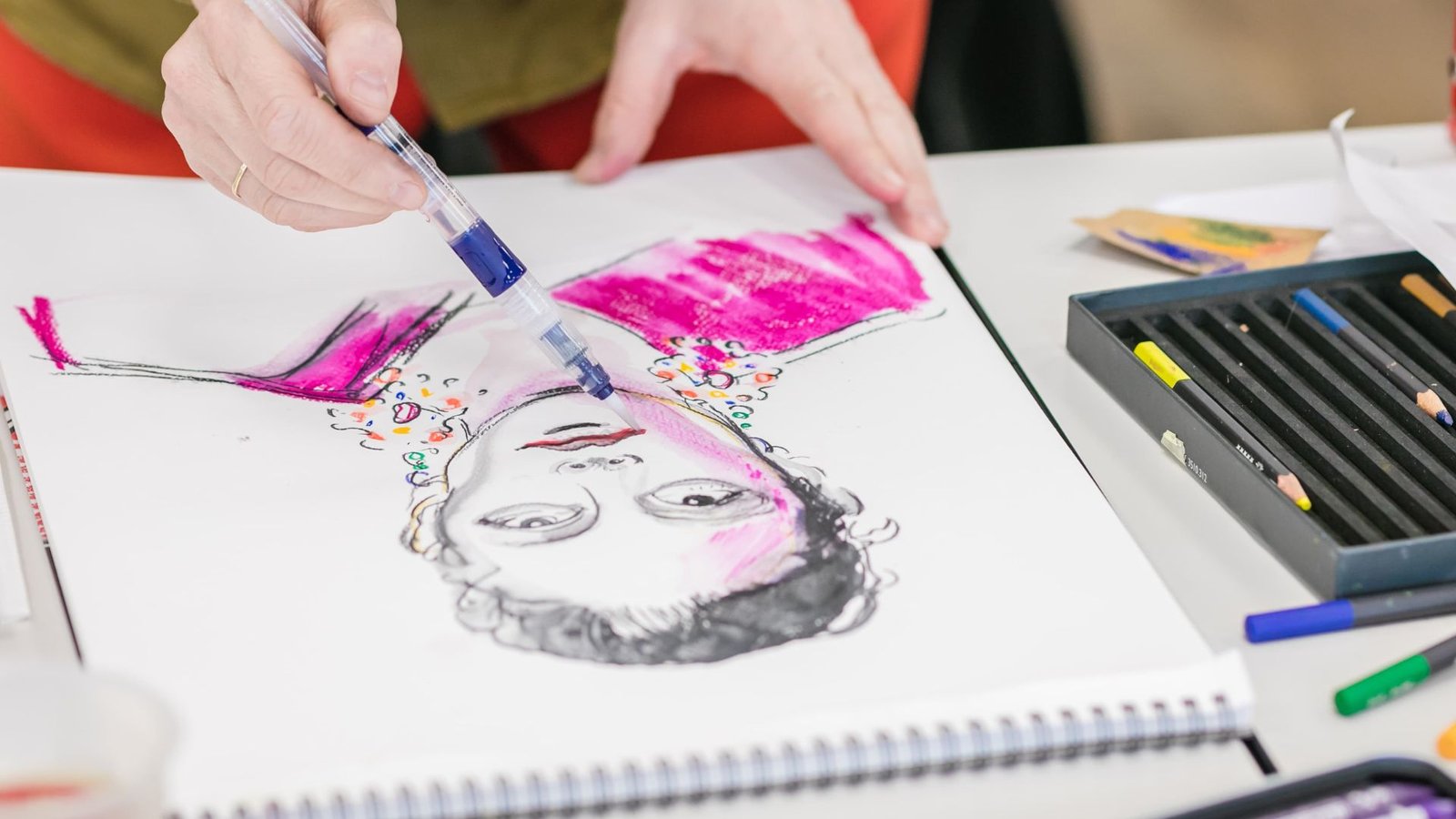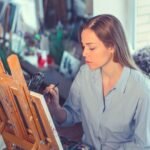Best Art Supplies for Beginners: What You Need to Get Started
Starting an art journey can be both exciting and overwhelming, especially when it comes to choosing the right supplies. For beginners, having the right tools can make the process smoother and more enjoyable. Here’s a comprehensive guide to essential art supplies that will help you kickstart your creative endeavors.

Admire the Beauty of Glass Art
GlassGallery.net showcases a stunning collection of handcrafted glass art, featuring intricate designs and vibrant colors from talented artists. After appreciating the artistry of glass, why not explore the entertainment offered by australian casinos online? Discover exquisite glass creations and perhaps some online excitement!
Sketchbooks
A high-quality sketchbook is fundamental for any artist. It provides a space to practice drawing, sketch ideas, and experiment with techniques. Look for sketchbooks with thick, acid-free paper that can handle various mediums, including pencils and inks. Spiral-bound sketchbooks are convenient for easy flipping, while hardbound options offer durability.
Graphite Pencils
Graphite pencils are a must-have for drawing and sketching. They come in various hardness levels, from 9H (hardest) to 9B (softest), allowing you to achieve a range of textures and tones. A basic set of pencils with varying hardness will help you explore different shading techniques and create detailed sketches.
Erasers
Effective erasers are crucial for correcting mistakes and refining your work. A kneaded eraser is versatile and can lift graphite without damaging the paper, while a precision eraser is useful for detailed work. Combining these will give you the flexibility to handle various types of errors and adjustments.
Inks and Pens
For those interested in line work or ink drawing, a set of fine liners and pens is essential. Waterproof and fade-resistant inks ensure your artwork lasts over time. A variety of pen nibs allows for different line thicknesses, which can enhance the detail and style of your drawings.
Watercolor Paints and Brushes
Watercolor paints offer a vibrant and fluid way to add color to your artwork. Beginners should start with a basic set of watercolor paints that includes a range of colors. Complement this with a
Admire Exquisite Glass Art
GlassGallery.net showcases a diverse collection of stunning glass artwork from talented artists. Explore the beauty and intricate details of various glass creations. For those with diverse online interests, you can explore an online casino.
set of watercolor brushes, including flat and round brushes, to achieve various effects and details.
Acrylic Paints
Acrylic paints are versatile and easy to work with, making them ideal for beginners. They dry quickly and can be used on various surfaces. A starter set with primary colors and some additional hues will provide the flexibility to mix and create a broad range of colors.
Canvas or Painting Paper
For painting projects, you’ll need a surface to work on. Canvas boards or stretched canvases are great for acrylic and oil painting. If you’re working with watercolors, invest in watercolor paper with a high weight to handle the moisture. Ensure the surface is suitable for your chosen medium.
Palette and Mixing Tools
A palette is essential for mixing paints and creating custom colors. Plastic palettes are affordable and easy to clean. Additionally, consider getting palette knives for mixing paints and creating texture in your artwork. These tools are versatile and enhance your ability to experiment with different techniques.
Drawing and Painting Easel
An easel provides a stable surface for drawing and painting, improving your posture and allowing for better control over your work. Beginners can start with a basic tabletop easel or a compact floor easel, which is adjustable and fits in various spaces.
Art Supply Organizer
Keeping your art supplies organized helps you find what you need quickly and prevents clutter. An art supply organizer with compartments for pencils, brushes, paints, and other tools can keep your workspace tidy and ensure that everything is easily accessible.
Tips for Beginners
- Start Small: Begin with a few essential supplies and gradually expand your collection as you discover your preferences.
- Experiment: Don’t be afraid to try different mediums and techniques. Experimenting helps you find what you enjoy most.
- Invest in Quality: While it’s tempting to buy cheap supplies, investing in higher-quality materials can improve your experience and results.
- Keep Practicing: Regular practice helps you improve your skills and develop your style. Use your sketchbook to practice and experiment often.
Conclusion
Selecting the right art supplies is the first step in your creative journey. From sketchbooks and pencils to paints and brushes, each tool plays a role in helping you explore and develop your artistic skills. By starting with these essential supplies and following the tips provided, you’ll be well on your way to creating beautiful and expressive artwork.



